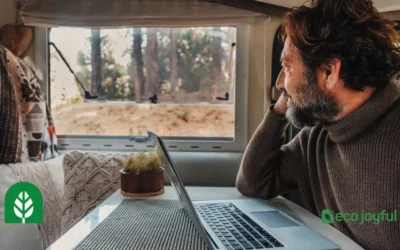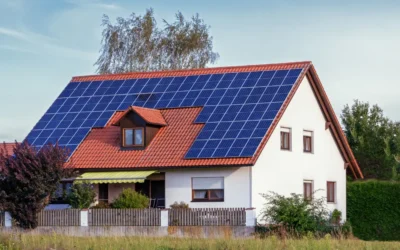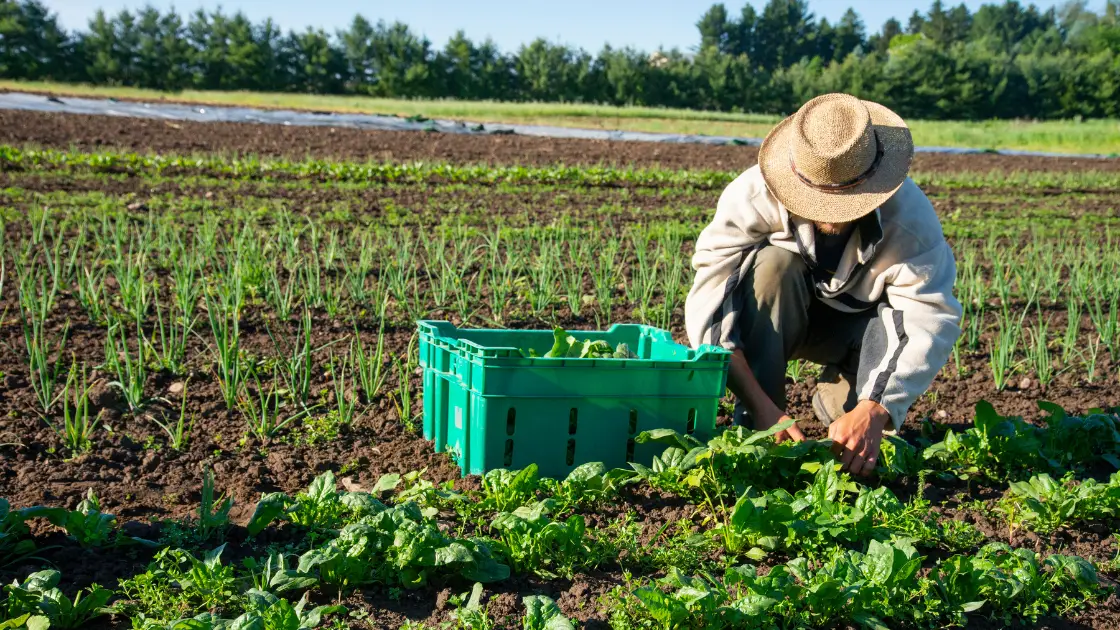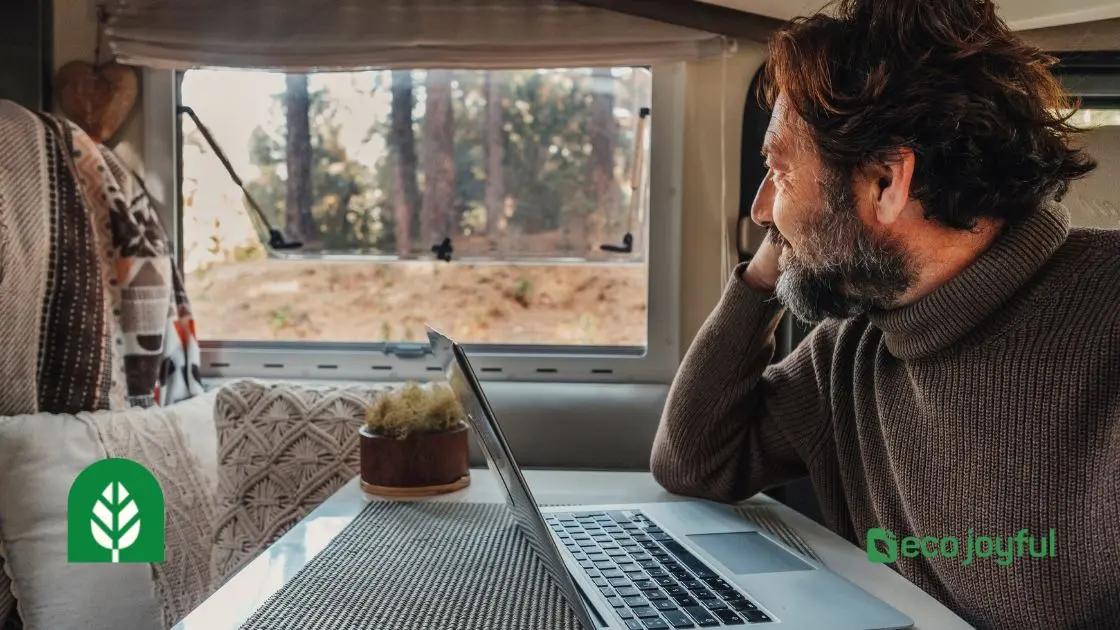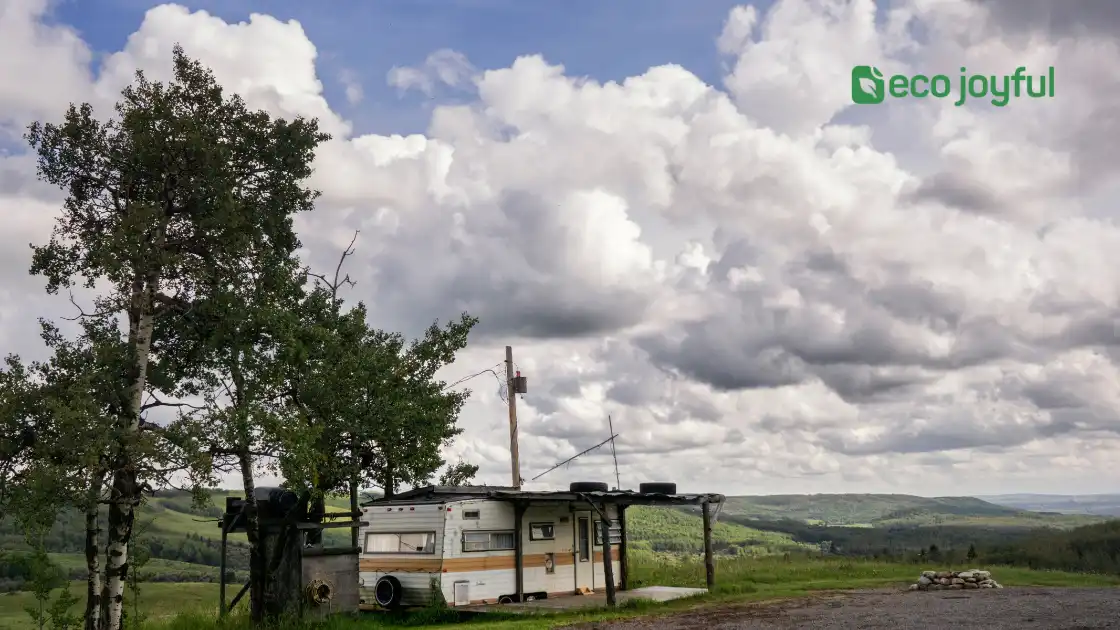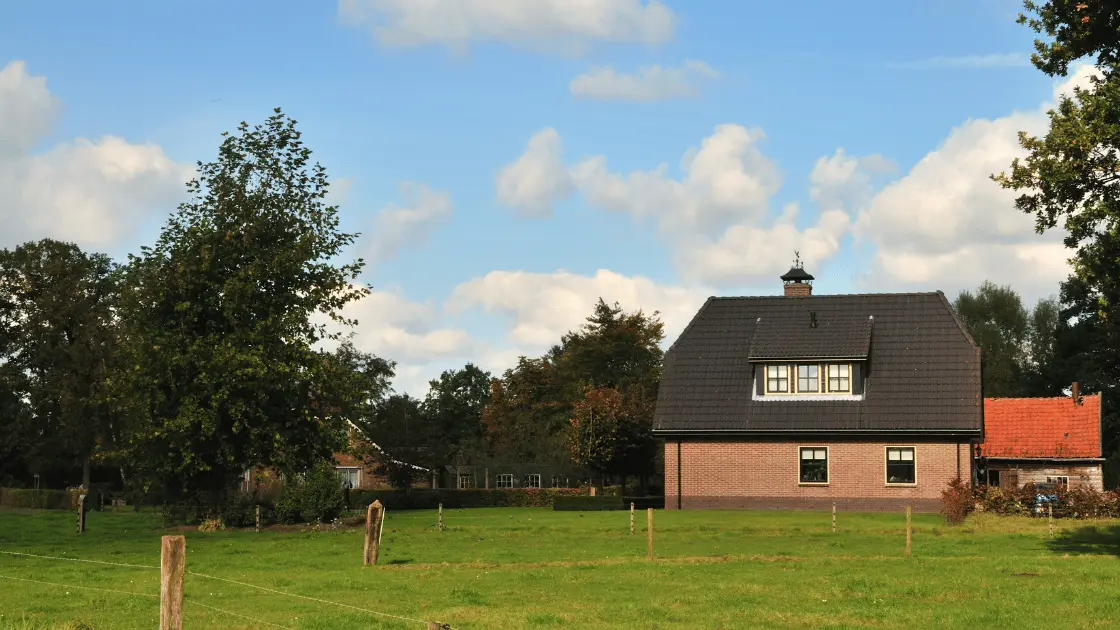To make money living off the grid, you can generate income through sustainable farming, eco-tourism, renewable energy, and freelance work. Embracing self-sufficiency while capitalizing on your unique skills can provide financial stability and independence while living off the grid, away from traditional urban settings and utilities.
Whether you choose to grow organic produce, offer green accommodations, harness solar power, or provide remote services, there are numerous opportunities to make money while still enjoying the freedom and simplicity of off-grid living. By embracing a sustainable and resourceful lifestyle, you can create a fulfilling and profitable livelihood without relying on conventional corporate jobs or city amenities.
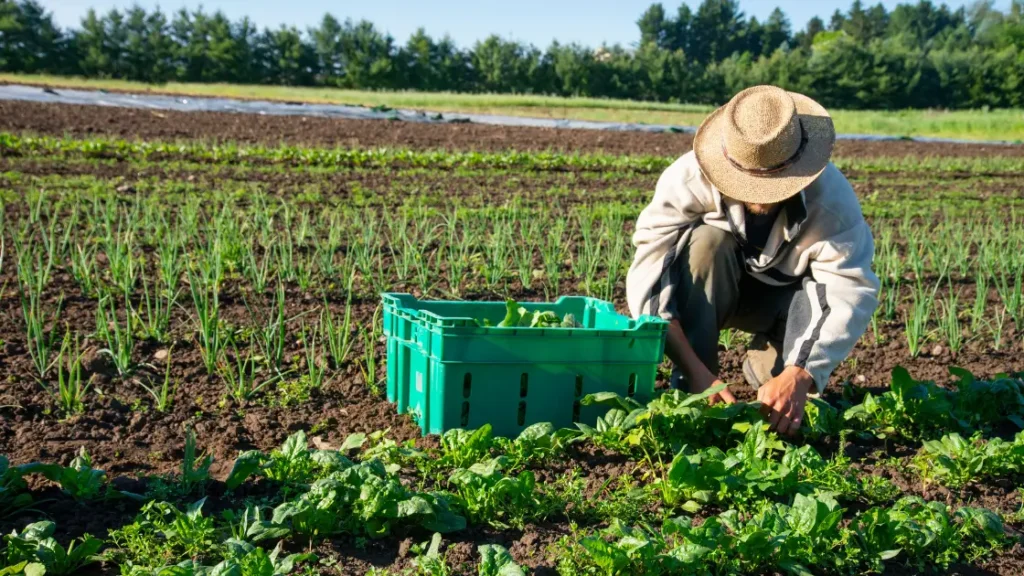
Understanding Off-grid Living
Living off the grid is a lifestyle choice that involves being completely self-sufficient and independent from public utilities. It means relying on alternative sources of power, such as solar panels or wind turbines, and finding sustainable solutions for water supply, waste management, and food production. In this section, we will dive deeper into what off-grid living entails, the benefits it offers, and the challenges that come along with it.
What Is Off-grid Living?
Off-grid living refers to a lifestyle where individuals or families choose to disconnect from the electrical grid and other municipal services. It is about reducing dependence on mainstream resources and instead adopting a self-sustaining approach. In an off-grid setup, people generate their own power, collect rainwater or use wells, and manage their waste through composting and recycling. This way, they can live in remote or rural areas without relying on public utilities, allowing them to establish a sustainable and environmentally friendly way of life.
Benefits Of Off-grid Living
Living off the grid offers a multitude of benefits, both for individuals and the planet. Let’s take a look at some of the advantages:
- Self-sufficiency: Off-grid living empowers individuals to take control of their resources, reducing dependence on external factors.
- Cost savings: By generating their own power and sourcing water independently, off-grid dwellers can save money on utility bills.
- Sustainability: Off-grid living promotes eco-friendly practices by utilizing renewable energy sources and reducing carbon footprint.
- Connection with nature: Living off the grid allows individuals to immerse themselves in nature, fostering a deeper appreciation for the environment.
- Privacy and freedom: Being detached from the grid provides a sense of seclusion and freedom, enabling individuals to disconnect from the hustle and bustle of modern life.
Challenges Of Off-grid Living
While off-grid living offers numerous benefits, it also comes with its own set of challenges. Here are a few hurdles that one may encounter:
- High upfront costs: Setting up an off-grid system requires initial investments in renewable energy equipment, water collection systems, and sustainable infrastructure.
- Limited resources: Living off the grid often means working with limited resources, such as water conservation and being mindful of energy consumption.
- Maintenance and expertise: Maintaining off-grid systems can be challenging and requires knowledge and skills in renewable energy, plumbing, and general DIY maintenance.
- Isolation: Living in remote areas can lead to social isolation and limited access to amenities, requiring individuals to adapt and find alternative solutions.
Financial Considerations For Off-grid Living
Living off the grid offers a unique lifestyle filled with self-sufficiency and a closer connection to nature. However, before embarking on this adventure, it is essential to consider the financial aspects of off-grid living. In this section, we will explore the cost analysis of off-grid living, income generation opportunities, and the importance of budgeting and financial planning.
Cost Analysis Of Off-grid Living
When it comes to off-grid living, it’s important to understand the upfront costs involved in setting up a self-sustaining lifestyle. These costs may vary depending on individual preferences and circumstances; however, here are some key considerations:
| Expense | Estimated Cost |
|---|---|
| Solar or wind energy system | $10,000 – $30,000 |
| Rainwater collection and filtration system | $2,000 – $5,000 |
| Composting toilet | $500 – $1,500 |
| Garden and food production tools | $500 – $1,000 |
These figures give a rough estimate of the initial costs you may encounter when transitioning to an off-grid lifestyle. Keep in mind that prices can vary based on quality, size, and specific requirements.
Income Generation Opportunities
Generating income while living off the grid is crucial for financial stability. Luckily, there are numerous opportunities available to sustain a self-reliant lifestyle. Here are a few income generation ideas:
- Freelancing or remote work: Take advantage of online platforms to offer your skills and services.
- Homesteading products: If you have a green thumb, consider selling your home-grown produce, honey, or homemade crafts.
- Land rentals: If you have extra space, consider renting out a portion of your land for seasonal camping or small-scale farming.
- Off-grid consultancy: Share your expertise and experiences through coaching, workshops, or writing books.
These income generation opportunities allow you to capitalize on your skills and assets, turning your off-grid lifestyle into a sustainable source of income.
Budgeting And Financial Planning
Effective budgeting and financial planning are vital for off-grid living. By managing your finances wisely, you can ensure your self-sustaining lifestyle thrives in the long run. Here are some essential steps to take:
- Track your expenses: Keep a record of your spending habits to identify areas where you can minimize costs.
- Build an emergency fund: Set aside money for unexpected expenses or emergencies to avoid financial setbacks.
- Monitor income and expenses: Regularly review your income streams and expenses to ensure you stay on track with your financial goals.
- Invest in renewable resources: Allocate a portion of your budget to enhance your off-grid systems and increase sustainability.
By implementing a structured budgeting system and consistently monitoring your finances, you can ensure a stable and prosperous off-grid lifestyle.
Ways To Make Money Living Off The Grid
Living off the grid offers a unique opportunity to break free from the constraints of modern society and live a simpler, more self-sufficient lifestyle. But while going off-grid may mean disconnecting from mainstream amenities and services, it doesn’t mean you have to give up making money. In fact, there are several ways you can generate income while living off the grid. From homesteading and self-sustainability to remote work and online income, as well as entrepreneurship and local businesses, these avenues can help you earn a living and support your off-grid life. Let’s explore each option in more detail.
Homesteading And Self-sustainability
One of the most popular ways to make money living off the grid is through homesteading and self-sustainability. By utilizing your land and resources, you can produce various products and services that are in demand. Here are a few examples:
- Raising livestock such as chickens, goats, or pigs, and selling meat, eggs, milk, or cheese.
- Cultivating organic fruits, vegetables, or herbs, and selling them at local markets, through a community-supported agriculture (CSA) program, or even online.
- Harvesting wood from your property and selling it as firewood or crafting it into furniture, carving, or other woodwork.
- Offering workshops or classes on homesteading skills, such as canning, soap-making, or preserving food.
By focusing on self-sustainability and providing products and services that align with a simpler, eco-friendly lifestyle, you can attract customers who value organic, locally sourced, and sustainable goods.
Remote Work And Online Income
In today’s digital age, remote work and online income opportunities have opened up a world of possibilities for those wishing to live off the grid. With internet access and a computer or smartphone, you can work from anywhere and earn a steady income. Here are a few avenues to explore:
- Freelancing: Offer your skills and services in writing, graphic design, web development, or other freelance fields through online platforms.
- Virtual Assisting: Provide administrative, social media management, or customer support services remotely to businesses or individuals.
- Online Selling: Set up an e-commerce store to sell handmade crafts, vintage items, or unique products that you produce or curate.
- Content Creation: Start a blog, YouTube channel, or podcast where you share your knowledge and expertise on topics of interest. Monetize your content through advertisements, sponsors, or affiliate marketing.
Remote work and online income options offer the flexibility and freedom that aligns well with an off-grid lifestyle, allowing you to earn money while avoiding the daily commute and office politics.
Entrepreneurship And Local Businesses
Another way to make money living off the grid is by starting your own business or supporting local businesses within your off-grid community. Here are a few ideas:
- Green Energy Solutions: Install solar panels, wind turbines, or other alternative energy systems for off-grid homes or businesses.
- Off-Grid Consulting: Offer consulting services to individuals or communities who are looking to transition to off-grid living.
- Organic Farm-to-Table Restaurant: Open a restaurant that focuses on using locally sourced, organic ingredients and appeals to eco-conscious customers.
- Handcrafted Products: Create handmade items such as pottery, jewelry, or textiles using traditional techniques and sell them locally or online.
By becoming an entrepreneur or supporting local businesses, you can contribute to the sustainability and growth of off-grid communities while also generating income for yourself.
Living off the grid doesn’t mean living without a source of income. By exploring these avenues, you can not only support your off-grid lifestyle but also contribute to the local economy and embrace the freedom and self-sufficiency that come with it.
Conclusion
Living off the grid presents a unique opportunity to not only simplify our lives but also generate income. By harnessing renewable energy sources, growing organic produce, and developing sustainable products, we can create a self-sufficient lifestyle while making money. With careful planning, dedication, and a willingness to embrace a simpler way of life, anyone can turn their off-grid living into a profitable venture.
So, leap and discover the endless possibilities of earning a living off the grid.


